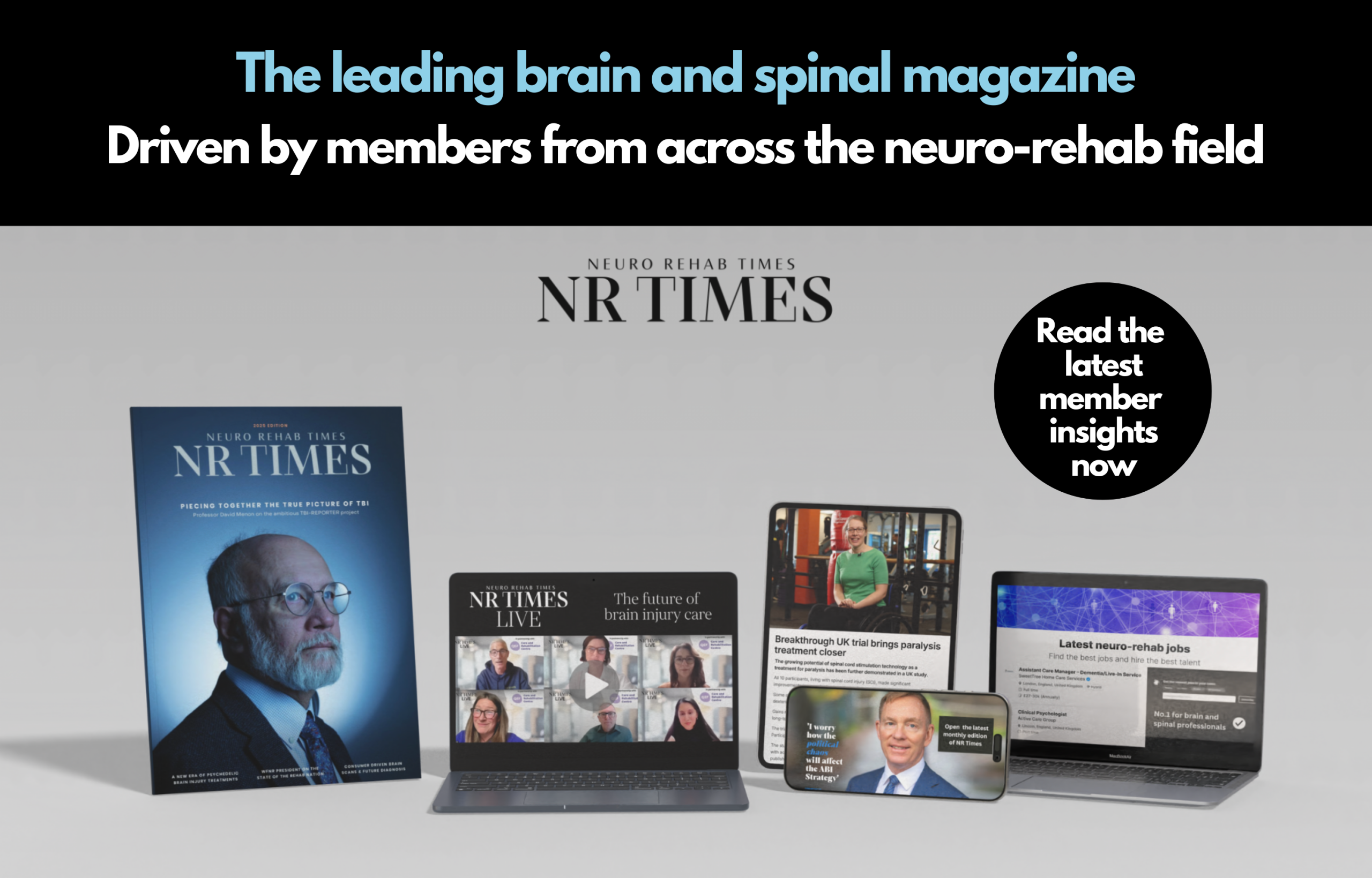MS drug enters final testing before human trials

BioNxt has launched a 15-day dosing optimisation study for its sublingual multiple sclerosis (MS) drug, marking the final step before human bioequivalence testing planned for early 2026.
The study represents the last preclinical stage for BNT23001, a thin-film formulation of cladribine designed to dissolve under the tongue for treating MS.
Following successful small-animal trials confirming bioequivalence – meaning the drug delivers the same amount of active ingredient to the bloodstream as existing treatments – the company is now conducting a large-mass animal study to fine-tune dosing precision and optimise the formulation.
BioNxt Solutions said the crossover study will begin within the next two weeks and run for approximately three weeks, with completion expected in November and results due in December.
Chief executive officer Hugh Rogers said: “The company has already confirmed dosage bioequivalence in small-mass (<20kgs) animals; however, a large-mass (>40kgs) animal study will provide valuable insight into the appropriate sublingual drug load for humans.
“This large-mass animal study is expected to increase the formula precision in our human study and is designed to generate comparative drug absorption results between the company’s sublingual formulation and the name brand tablet formulation.
“Optimisation of drug load per dose and potential super bioavailability are key pieces of information that will guide the final clinical planning for our upcoming comparative human bioequivalence study.”
BNT23001 is an orally dissolvable thin-film formulation of cladribine, an established immunomodulatory compound used to treat multiple sclerosis.
The sublingual delivery — placement of the film under the tongue — is designed to provide faster absorption, improved bioavailability and greater comfort for patients, particularly those who find swallowing tablets difficult or prefer a non-invasive alternative.
Preclinical testing has shown strong absorption rates, bioequivalence to standard oral treatments and no signs of toxicity.
The company is also advancing its patent nationalisation strategy across key markets, including Canada, Australia, the European Union, Eurasia, New Zealand and Japan, along with a Track One priority filing in the US.
Both the European Patent Office and the Eurasian Patent Office have issued favourable communications, including intent-to-grant notices. Novelty, inventive step and industrial applicability have all been accepted.
The human comparative bioequivalence study, planned for early 2026, will directly measure drug absorption between BioNxt’s sublingual formulation and the existing tablet version of cladribine, aiming to validate what the company describes as a simpler, faster and more patient-friendly approach to MS treatment.










